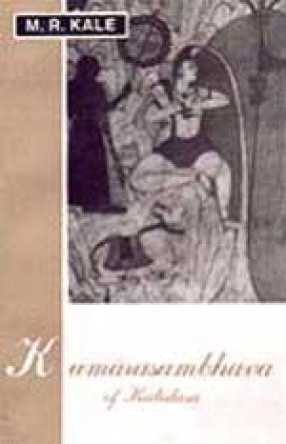
C R Devadhar

Showing all 12 books

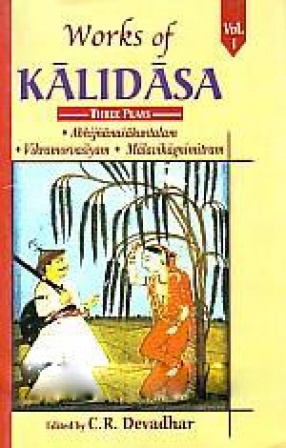
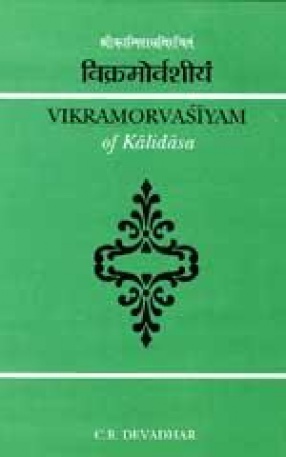

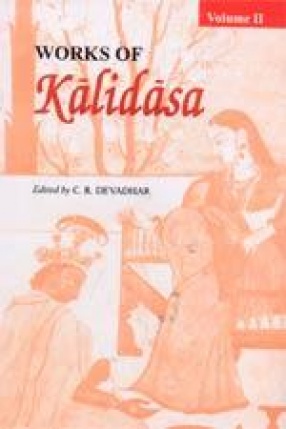



This edition contains all the eight cantos of the poem, which is named after the chief incident of the theme, viz the birth of Kumara, the War-god. The most important Kavyas of Kalidas - Raghuvamsa and Kumarsambhava - are distinguished by their independence of treatment and excellence of poetical beauty. The Kumarsambhava varies from the loveliness of spring and the delights of married love to the utter desolation induced by the death of beloved. The subject is ...
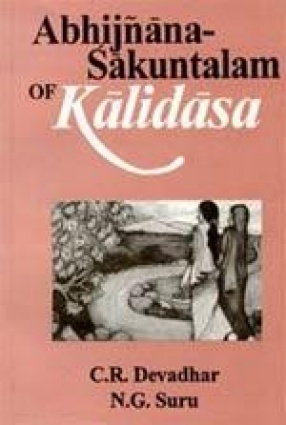


The best productions of the Indian drama are nearly a dozen in number, and dae from a period about the beginning of the fifth to the end of the eighth century A.D., embracing something like four hundred years. these plays are the compositions of the great dramatists. The greatest among them is Kalidasa. Three of his plays have been preserved, Abhijnana Sakuntalam, Vikramorvasiyam and Malavikagnimitram. The richness of creative fancy which he displays in these, ...

The romance of Pururavas and Urvashi, which Kalidasa has dramatized in the Vikramorvashiyam, is one of the most ancient and popular stories. One can find it recorded in the form of dialogue in the Rigveda, which is regarded as the oldest literary monument. And although, in the course of its transmigration of thousands of years in Indian literature, it has undergone several changes in single points of details, it has remained almost the same in all its essential ...


This volume contains five kavyas of Kalidasa: Srngaratilakam, Rtusamhara, Meghaduta, Kumarsambhava and Raghuvamsa. The Sringaratilakam is a short poem of thirty-one stanzas on the subject of love where fancy and imagination exercise their sawy. Rtusamhara is a glowing tribute to the glories of the six Indian seasons each of which is vividly described in a separate canto. In Meghaduta, Kalidasa gives us a glimpse of Kalidasa, and the Himalayan regions. His eye in ...
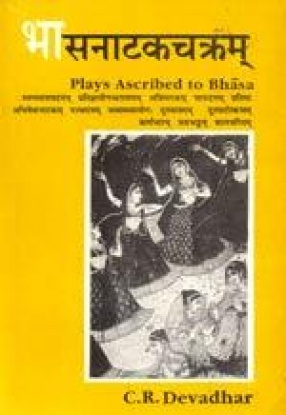
Bhasa, the worthy predecessor of Kalidasa, was to us a mere name until in the year 1912 the late Mahamahopadhyaya Ganapati Sastri claimed to have discovered thirteen plays written by Bhasa. It was in the nature of things that in the first sensation of this discovery, so fraught with the most wide-reaching results for the history of Sanskrit drama, it should have been hailed by a chorus of applause to which both East and West joined their voices. If, however, ...




